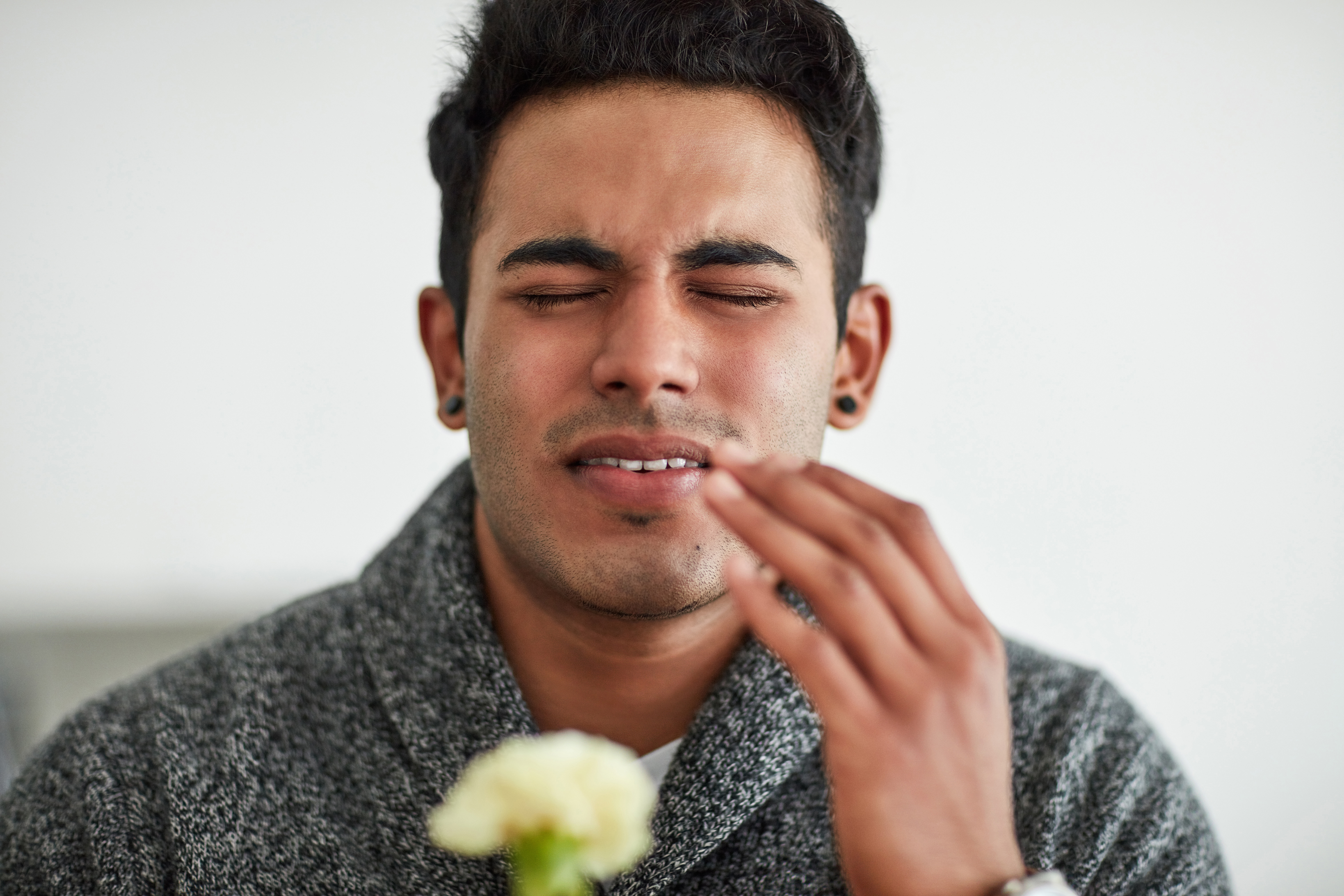What Happens If You Hold in a Sneeze
Sneezing is a common reflex that most of us experience regularly, often dismissed as a mere inconvenience or a minor bodily function. Yet, behind this simple act lies a complex physiological process with significant implications for our health. While many people choose to suppress a sneeze for various reasons—social etiquette, convenience, or simply being caught off guard—few are aware of the potential consequences of doing so. This article delves into 10 surprising outcomes of stifling a sneeze, exploring the intricate relationships between our body's reflexes and health. By understanding these consequences, we can appreciate the importance of letting our bodies perform their natural functions unimpeded.
1. The Pressure Build-Up: More than Meets the Eye
When you suppress a sneeze, the pressure that would have been expelled through the nose and mouth is redirected internally. This can cause a significant increase in pressure within the respiratory system, sometimes reaching levels that can damage delicate tissues. The sudden and forceful redirection of air can lead to minor injuries such as ruptured blood vessels in the nasal passages or eyes, and in extreme cases, it might even cause a rupture of the eardrum. Understanding this pressure build-up highlights the importance of letting a sneeze out to avoid unnecessary strain on our internal systems.
2. Ear Damage: A Risky Affair

The ears are particularly vulnerable when a sneeze is suppressed. The Eustachian tubes, which help equalize pressure in the ears, can become overwhelmed by the sudden surge of air redirected from a stifled sneeze. This can lead to complications such as barotrauma, where the pressure difference causes pain or even ruptures the eardrum. In rare cases, this can result in temporary or permanent hearing loss. By allowing a sneeze to occur naturally, we protect our ears from these potentially harmful effects, underscoring the delicate balance our bodies maintain in response to everyday actions.
